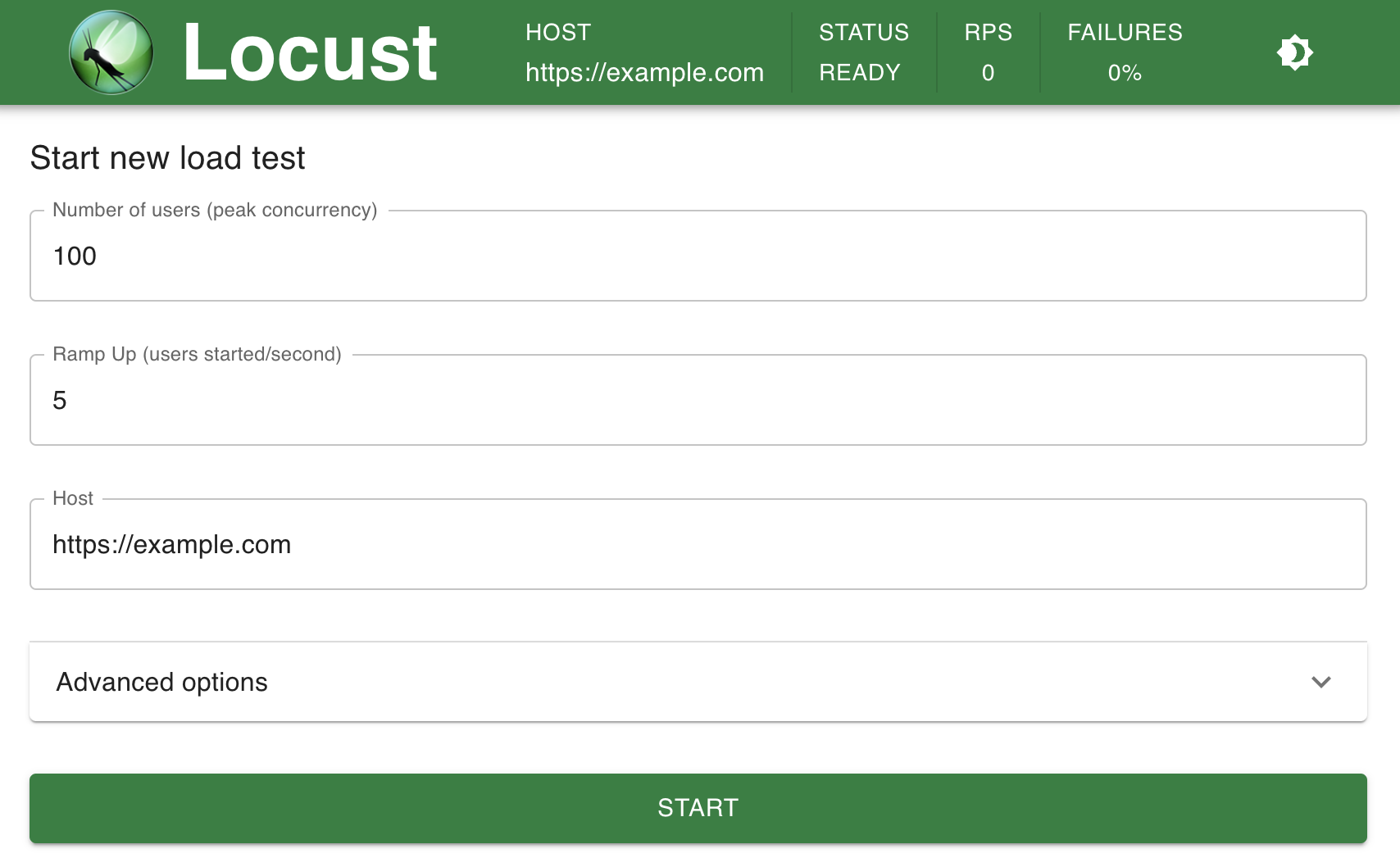快速入门
Example locustfile.py
这是一个快速入门的小例子 locustfile.py:
from locust import HttpLocust, TaskSet
def login(l):
l.client.post("/login", {"username":"ellen_key", "password":"education"})
def index(l):
l.client.get("/")
def profile(l):
l.client.get("/profile")
class UserBehavior(TaskSet):
tasks = {index:2, profile:1}
def on_start(self):
login(self)
class WebsiteUser(HttpLocust):
task_set = UserBehavior
min_wait = 5000
max_wait = 9000
我们这里定义了几个locust的任务,这些任务传入了一个参数(一个Locust的实例)并且可以被正常调用。这些任务被聚集在tasks属性里的名为TaskSet的类中。我们还定义了一个名为HttpLocust的类,它代表一个用户,我们定义了一个虚拟用户在执行不同任务之间的等待时间,就像TaskSet类应该定义用户的“行为”。TaskSets可以被嵌套。
HttpLocust类继承了Locust类,并增加了一个从属性,这个属性是HttpSession的实例,用来发起Http请求。
另外我们可以定义tasks,这个因为使用了@task装饰器显的更加方便。下面的代码和上面的代码等价。
from locust import HttpLocust, TaskSet, task
class UserBehavior(TaskSet):
def on_start(self):
""" on_start is called when a Locust start before any task is scheduled """
self.login()
def login(self):
self.client.post("/login", {"username":"ellen_key", "password":"education"})
@task(2)
def index(self):
self.client.get("/")
@task(1)
def profile(self):
self.client.get("/profile")
class WebsiteUser(HttpLocust):
task_set = UserBehavior
min_wait = 5000
max_wait = 9000
Locust类(和HttpLocust一样,因为是它的子类)如同其他的用户行为,也可以定义最小和最大的等待时间-根据虚拟用户-任务之间的等待时间(最小等待和最大等待)
启动 Locust
如果上述文件命名为locustfile.py并且我们执行命令的路径和这个文件在同级目录下,那么久可以通过下面的命令来启动locust
注意:这里的http://example.com需要改为被测对象的地址
locust --host=http://example.com
如果locust文件放置在其他地方:
locust -f ../locust_files/my_locust_file.py --host=http://example.com
如果需要在多个进程下分布式运行Locust,我们可以通过“-master”启动一个主进程:
locust -f ../locust_files/my_locust_file.py --master --host=http://example.com
然后可以启动任意数量的从进程:
locust -f ../locust_files/my_locust_file.py --slave --host=http://example.com
如果我们想在多个机器上分布式运行locust,也可以在启动从服务器的同时定义它归属的主服务器(如果只是在一台机器上分布式运行locust,就不需要这样做,因为主服务器默认为127.0.0.1)
locust -f ../locust_files/my_locust_file.py --slave --master-host=192.168.0.100 --host=http://example.com
PS:
查看所有功能选项
locust –help
